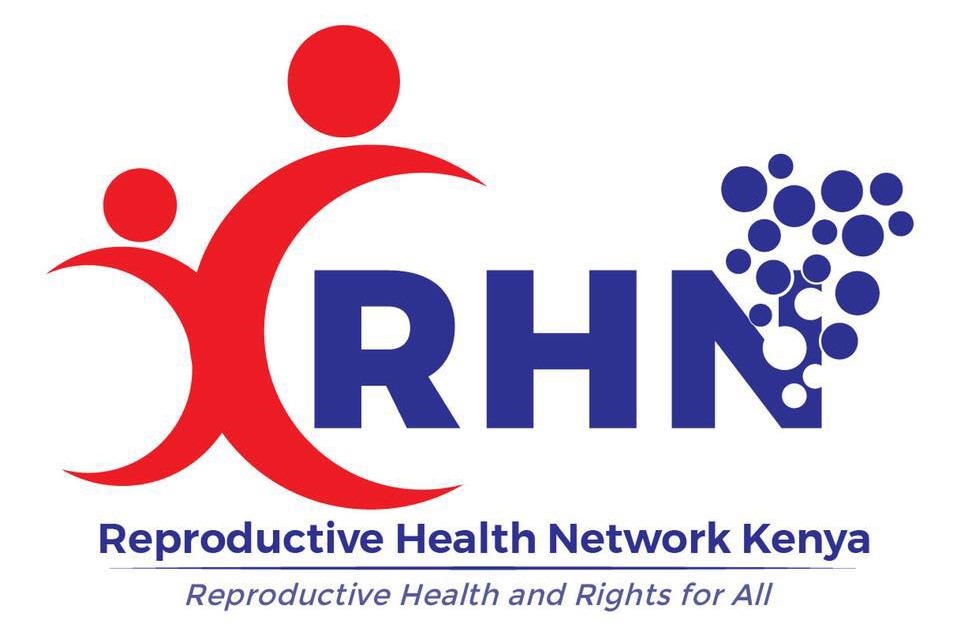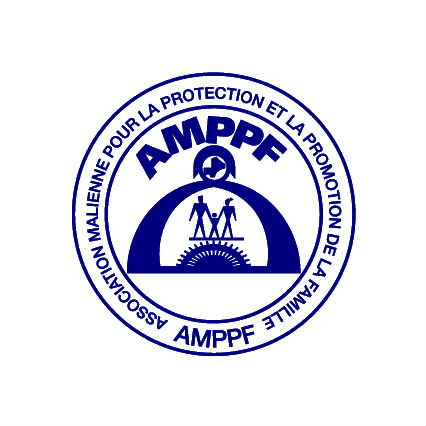

| 27 June 2024
Reproductive Health Network Kenya
The Reproductive Health Network Kenya (RHNK) is a network of health professionals within private and public facilities committed to Comprehensive Sexual and Reproductive Health and Rights, advocacy and service provision. The network was formed to provide evidence-based information and quality comprehensive reproductive health services in Kenya. RHNK’s main strategic goal is to contribute to the reduction of maternal morbidity and mortality with a focus on the two among other five causes of maternal mortality and morbidity which is postpartum haemorrhage and unsafe abortion. RHNK runs a network of trained Adolescents and youth headed by RHNK adolescents and youth program officer. The adolescents and youth network is effective in providing CSRH information, referrals and linkage to services. With the rising opposition which was witnessed immediately after the reinstatement and expansion of the global gag rule also known as the Mexican policy, RHNK with other civil society organizations developed Strategies to counter opposition. The pool of RHNK trained health care providers to provide SRH information and services, including comprehensive abortion care across the country. Training of the network providers on SRHR Law, policies and communications. RHNK works with the Center for Reproductive Rights CRR who provides strategic litigation and pro-bono legal support to the Network providers. Read the RHNK 2021 Annual Report here. Follow RHNK on Twitter, Facebook and You Tube. See the RHNK website here.

| 31 March 2016
Association Malienne pour la Protection et la Promotion de la Famille
The Association Malienne pour la Protection et la Promotion de la Famille (AMPPF) was established in 1972 to tackle the family planning challenges facing the Malian people. It rapidly expanded its activity and remit to embrace sexual and reproductive health (SRH) counselling; neonatal, gynaecological, post-natal and post-abortion care; and prevention and management of HIV and AIDS, particularly voluntary counselling and testing (VCT). These figures were achieved through the strategic and focused management of a strong team which has the capacity to reach out to diverse communities across the country. AMPPF has hundreds of volunteers, a strong youth action movement and hundreds of peer educators and community-based distributors. AMPPF is actively engaged with the planning, health, youth and family departments of the Malian government. It has strong ties with non-governmental organizations (NGOs) including Population Service International (PSI), the Conseil de Concertation et d'Appui aux ONGs, the Federation Nationale des Associations de Santé Communautaire au Mali (FENASCOM), the Association de Recherche, de Communication et d'Accompagnement à Domicile des Personnes vivant avec le VIH/SIDA (ARCAD), and SIDA. Major donors include WHO, USAID and UNFPA.







